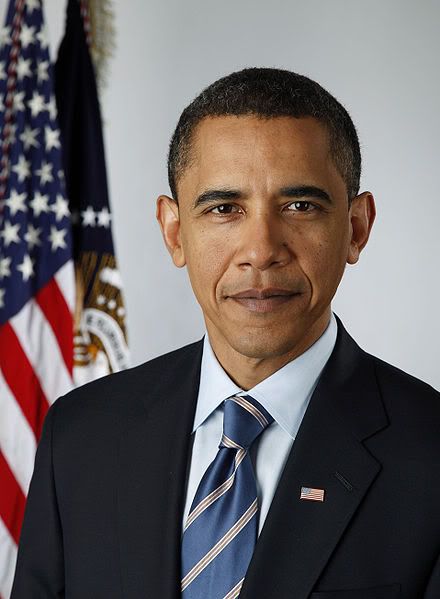
The average woman would have to work from January 1, 2008, to today, April 28, 2009, to make as much money as the average man made in all of 2008.
More data from the National Committee on Pay Equity:
Census statistics released on Women's Equality Day--August 26, 2008--show that the gap between men's and women's earnings changed by less than one percent from 2006 to 2007, narrowing only slightly from 76.9 to 77.8 percent. Based on the median earnings of full-time, year-round workers, women's earnings were $35,102, and men's earnings were $45,113. Median earnings for women of color are generally even lower, and all showed percentage drops in the last year. In 2007, the earnings for African American women were $31,009, 68.7 percent of men's earnings, a drop of more than 3 percent; Asian American women's earnings were $40,374, 89.5 percent of men's earnings, a drop of 3.5 percent; and Latinas earnings were $26,612, 59 percent of men's, a drop of .6 percent.Today, President Obama proclaimed today to be Equal Pay Day in the United States:
If we wish to honor our Nation's highest ideals, we must end wage discrimination. The Founders established a timeless framework of rights for the American people. Generation after generation has worked and sacrificed so that this framework might be applied equally to all Americans. To honor these Americans and stay true to our founding ideals, we must carry forward this tradition and breathe life into these principles by supporting equal pay for men and women.
Wage discrimination has a tangible and negative impact on women and families. When women receive less than their deserved compensation, they take home less for themselves and their loved ones. Utilities and groceries are more difficult to afford. Mortgages and rent bills are harder to pay. Children's higher education is less financially feasible. In later years of life, the retirement that many women have worked so hard for—and have earned—is not possible. This problem is particularly dire for women who are single and the sole supporters of their families. Women should not and need not endure these consequences.
My Administration is working to advance pay equity in the United States. The first bill I signed into law as President, the Lilly Ledbetter Fair Pay Act of 2009, allows more women to challenge pay discrimination by extending the timeline within which complaints can be filed. This law advances the struggle for equal pay, but it is only an initial step. To continue this progress, I issued an Executive Order establishing the White House Council on Women and Girls. This high-level body, composed of Cabinet members and heads of sub-Cabinet agencies, is charged with advancing the rights and needs of women, including equal pay.
Still, Government can only advance this issue so far. The collective action of businesses, community organizations, and individuals is necessary to ensure that every woman receives just treatment and compensation. We Americans must come together to ensure equal pay for both women and men by reminding ourselves of the basic principles that underlie our Nation's strength and unity, understanding the unnecessary sacrifices that pay inequity causes, and recalling the countless women leaders who have proven what women can achieve.










